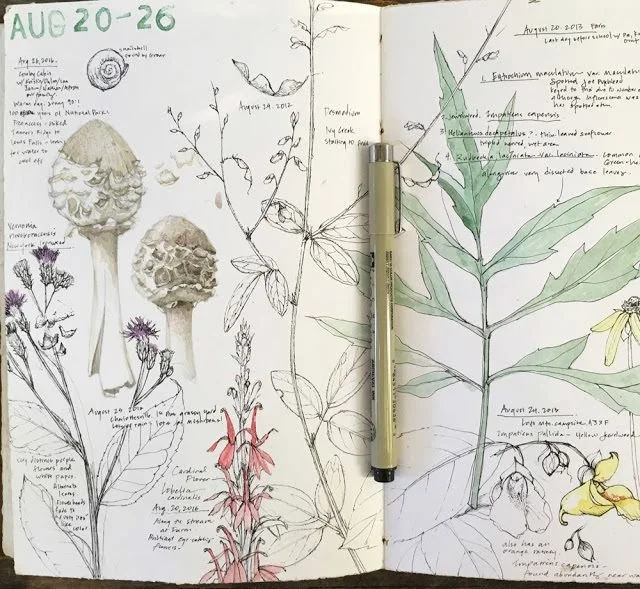🌿 A Herbalist’s View of Thyroid Disorders (Part 2)
Why Women? The Feminine and the Throat
In Part 1, we explored what the thyroid does and how it’s connected to our energy, mood, and metabolism. But there’s something else that can’t be ignored: the thyroid’s gender bias.
Statistically, women are far more likely to experience thyroid disorders than men. But why?
Modern medicine may blame hormones, pregnancy, or autoimmune conditions (and yes, those play a role). But as a herbalist, I like to ask:
What does this gland symbolize?
And why might it be women, specifically, whose bodies are speaking up through the throat?
The Throat as a Gateway
The thyroid sits in the throat, right between the head and the heart. In energetic traditions—especially chakra theory from yogic systems—this area is known as the Throat Chakra (Vishuddha).
This is the center of:
Communication
Expression
Speaking one’s truth
Setting boundaries
Creativity through sound and word
So if this space is chronically overworked, blocked, or silenced, it makes sense that the body might respond. The energetic and emotional “traffic jam” can start to affect the physical form—like a gland trying to do its job in a space that’s clogged with unspoken stories.
The Feminine Voice: Often Heard Last
For generations, many women have been socialized to:
Be “nice”
Keep the peace
Put others first
Avoid confrontation
Say yes when they mean no
All of this can lead to a suppressed voice—literally and symbolically.
And when your truth, needs, or boundaries are consistently pushed down, something in the body takes notice. Sometimes that “something” is the thyroid.
A client of mine once said, “I don’t speak up until I’m boiling.” That inner pressure—the voice held in, the truths swallowed—can build up and eventually show up as physical imbalance.
What Can Herbalism Offer?
Herbalism offers both plants and perspective.
We support the throat not just with endocrine-balancing herbs (like Ashwagandha, Bladderwrack, or Lemon Balm), but with remedies that help unlock expression and emotional flow.
A few herbs that can support this space:
Blue Vervain – for over-control, tightness, holding everything in
Motherwort – for emotional overwhelm, especially in women
Chamomile – for the inner child who’s afraid to speak up
Tulsi (Holy Basil) – for stress that constricts the voice and soul
And sometimes, the best medicine isn’t a tincture or tea. It’s a deep breath, a journal page, or finally saying the thing you’ve been avoiding.
A Gentle Practice
Each day this week, ask yourself:
Is there anything I need to say—out loud, on paper, or to someone I trust?
Even if it’s messy. Even if your voice shakes. Especially then.
In Part 3, we’ll talk more about how a herbalist interprets the different types of thyroid disorders—and what it means when the body is too slow… or too fast… to speak.
